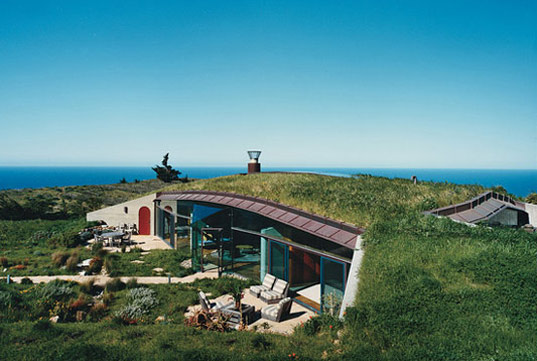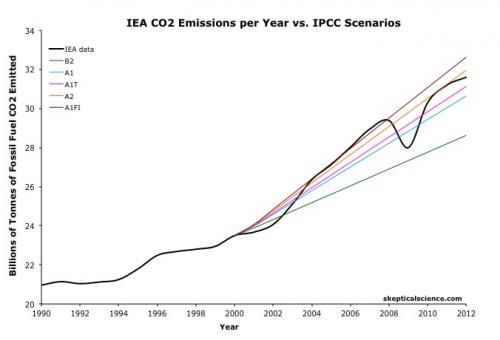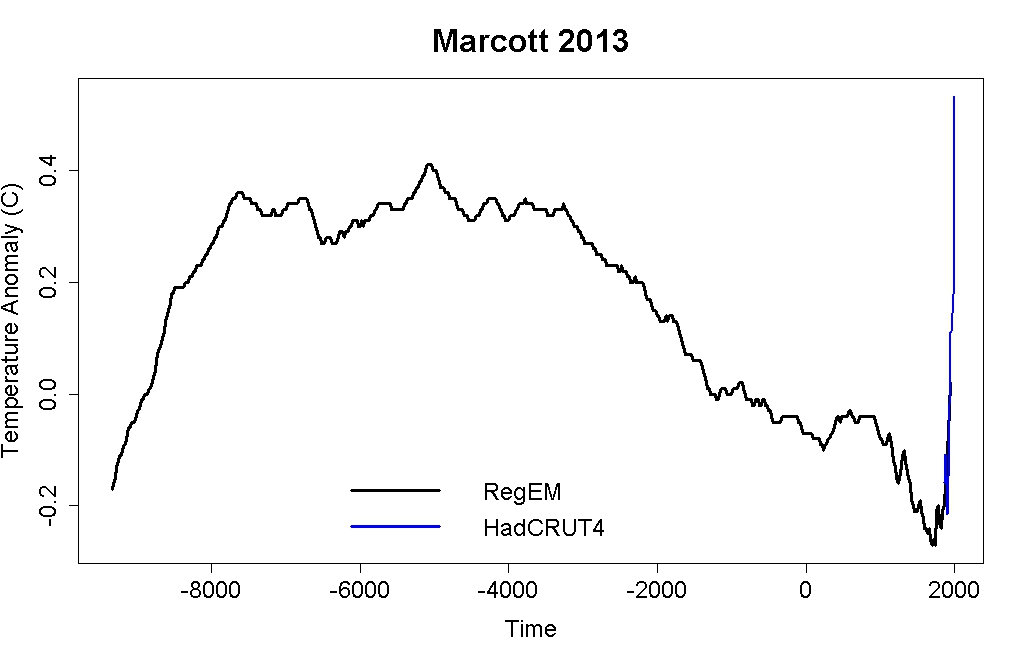Vocab List
anthropogenic: originating in human activity
greenhouse gas: any gaseous compound in the atmosphere capable of absorbing infrared radiation; the most abundant greenhouse gas in the atmosphere is water vapor
Casual Reminders
You are in the serious debate forum.
Downvotes are apparently not an "I disagree" button (you learn something new every day).
This thread is not about whether the planet is or is not warming. It is. We know this.
This thread is about why and what we need to do to ensure our long-term survival.
I'm presenting this not really as a debate, but as a discussion, so don't go into it with an "I'm going to prove each point line by line wrong" outlook, just respond based on what you've read and what you know and what you might have found out after being compelled to research some of the finer points yourself.
If you ask the governments of the world, global warming is a completely unnatural process caused by human activity that is turning the world into a literal oven of death. We can stop this, they say, by taxing businesses who expel a certain amount of CO2, or fail to meet clean energy standards, or a thousand other petty little ways they can peg you with a dick full of fines and fees. In fact, Obama stated a mere 4 days ago that global warming is a national security threat that lead to the rise of Boko Haram and proposed a $3,000,000,000 grant to the UN's Green Climate Fund.
Many of you know the IPCC, I would assume; the Intergovernmental Panel on Climate Change, the UN Environment Program's baby. Its computer models that show the global temperature rising as greenhouse gases rise, most significantly CO2, are used globally to justify fossil fuel taxes and other regulations.
In a report you will not find mentioned by mainstream media sources (but can find from many non-English sources), the IPCC had to admit that their computer models are horribly wrong now that we have observational data to compare with. They also admit their computers didn't take enough consideration of natural climate variation and exaggerated the effect of increased carbon emissions on temperature. Despite this, the IPCC concludes that they are 95% certain (a 5% increase from their last assessment) that global warming is anthropogenic.
Now, for those of you wanting something a little more solid than investigative journalism by the Daily Mail, you will please note that the sources are the report's authors themselves, most notably the director of Oxford University's Climate Research Network, who said, "It is a complete fantasy to think that you can compile an infallible or approximately infallible report, that is just not how science works. It is not a bible, it is a scientific review, an assessment of the literature. Frankly both sides are seriously confused on how science works."
Also note that this leaked IPCC report comes merely two months after IPCC lead author Hans von Storch spoke out and said, "According to most climate models, we should have seen temperatures rise by around 0.25 degrees Celsius (0.45 degrees Fahrenheit) over the past 10 years. That hasn't happened. In fact, the increase over the last 15 years was just 0.06 degrees Celsius (0.11 degrees Fahrenheit) -- a value very close to zero. So far, no one has been able to provide a compelling answer to why climate change seems to be taking a break. This is a serious scientific problem that the Intergovernmental Panel on Climate Change will have to confront when it presents its next Assessment Report late next year { which is the very same leaked document reported by the Daily Mail two months later }."
IPCC models vs. observational data in graph form:

At this point you may find yourself asking, even if the models are wrong, how does that prove humans aren't responsible for the climate change?
I'm glad you asked! Though we have only been reliably recording global climate data for a short time, we are able to make educated estimates of the Earth's climate throughout its history with a combination of various techniques that make up the field of paleoclimatology.

First, note how the X-axis is labelled. It starts by 100 million year increments, then zooms in to 10 million years, then 1 million, then 200,000 and finally 5,000 years. The graph has been arranged so 0 always = the 1960-1990 global temperature average, or the "Holocene optimum". The red dots at the end are the IPCC model's predictions for our temperature in 2050 and 2100, which are absolutely ludicrous.
You can see throughout history our climate has never been a stagnant, stable thing. You can see that roughly 20,000 years ago our climate began ascending out of an ice age, and rapidly warming then becoming more stable, long before humans were industrializing. You can see how utterly pointless it is to talk about a "10 year temperature increase" or "17 year global warming pause" on this more historically relevant scale.















